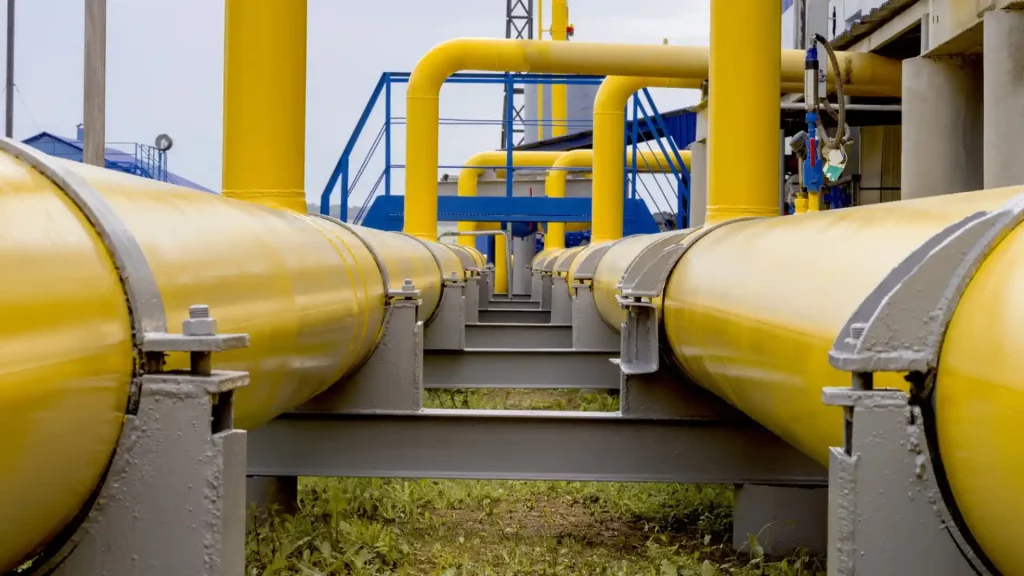This year, Europe’s fuel consumption has increased by 3%, staying slightly higher than the global average.
The surging demand for gas in Europe is driving up new investment opportunities to ramp up production for the next decade. The investments of $223 billion are said to have been made according to the new studies conducted that also highlight the region’s carbon footprint even though try to cut down the emissions.
Venture Global LNG and Cheniere Energy, two US liquefied natural gas companies, are leading the spending on new developments in the coming months, stated Global Witness, a climate activist group that takes its data from Rystad Energy. Another set of industry giants that are also on the line are Equinor and Total Energies.
The Bloomberg report states that the fossil fuel industry is planning to invest $1 trillion in gas production for Europe through 2033. In the era of industries adopting climate-friendly practices, the demand for gas, however, in Europe does not seem to tread downhill anytime soon.
Despite its efforts to slash emissions, the fallout of the Russia-Ukraine war and the subsequent capping of energy supplies by Russia has only worsened the situation. This year, Europe’s fuel consumption has increased by 3%, staying slightly higher than the global average. But this is again less compared to the demand in Asia which stays at 4%, according to the reports of the International Energy Agency.
Compared to other fossil fuels, gas produces less emissions, but the increasing projects are inviting criticism from all over the world on their effects of climate change.
In an attempt to avoid upsetting billions of dollars worth of investment, the Biden administration on Friday suspended the granting of new US permits for the export of LNG while it investigated the consequences on the climate. Before that decision, the Global Witness study was put together.
Surging Demands
Europe is primarily dependent on gas imports from the US and Qatar, the two largest LNG producers in the world. In order to act as a bridge during the energy transition, it is also seeking to increase production within its own boundaries. The greatest economy in the area, Germany, is considering supporting a significant expansion of its fleet of gas plants, which would eventually burn hydrogen.
‘A Serious Concern’
According to predictions, Europe will produce 6.6 billion tonnes of carbon dioxide entering the atmosphere by 2033. This will be equal to two decades worth of France’s annual emissions. Dominic Eagleton, senior fossil fuels campaigner at Global Witness mentioned that Europe is treading a dangerous path by increasing the production of fossil gas.
In this analysis, researcher Rystad’s projected operating and capital expenses for gas production are examined. Demand and projects are included in the study for all of Europe, not just the EU member states—Russia is not included. Some of the largest oil and gas firms in the world are among the top spenders on the region’s overall gas infrastructure, according to the report.
Historically, when it comes to regional initiatives to combat climate change, Europe has led the way. According to those familiar with the situation, the commission, which is the executive part of the EU, is expected to recommend a 90% reduction in emissions by 2040 next month, albeit with the caveat that fossil fuels will still be used in some capacity.
Whether the agreements that energy corporations sign adhere to those principles is the matter at hand. Prior to the COP28 climate conference in Dubai last year, the European Union announced its intention to promote the worldwide phase-out of fossil fuels well in advance of 2050. Shell Plc inked a 27-year contract to purchase Qatari LNG for the Netherlands two days later. A similar pact was inked by Total Energies.
